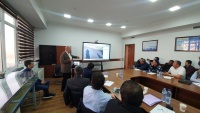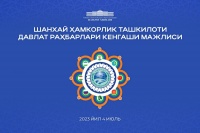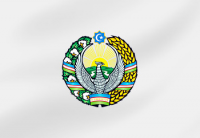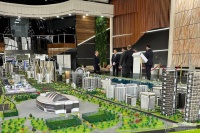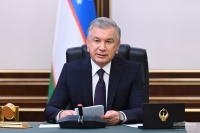The state of affairs in the transport sector is critically analyzed
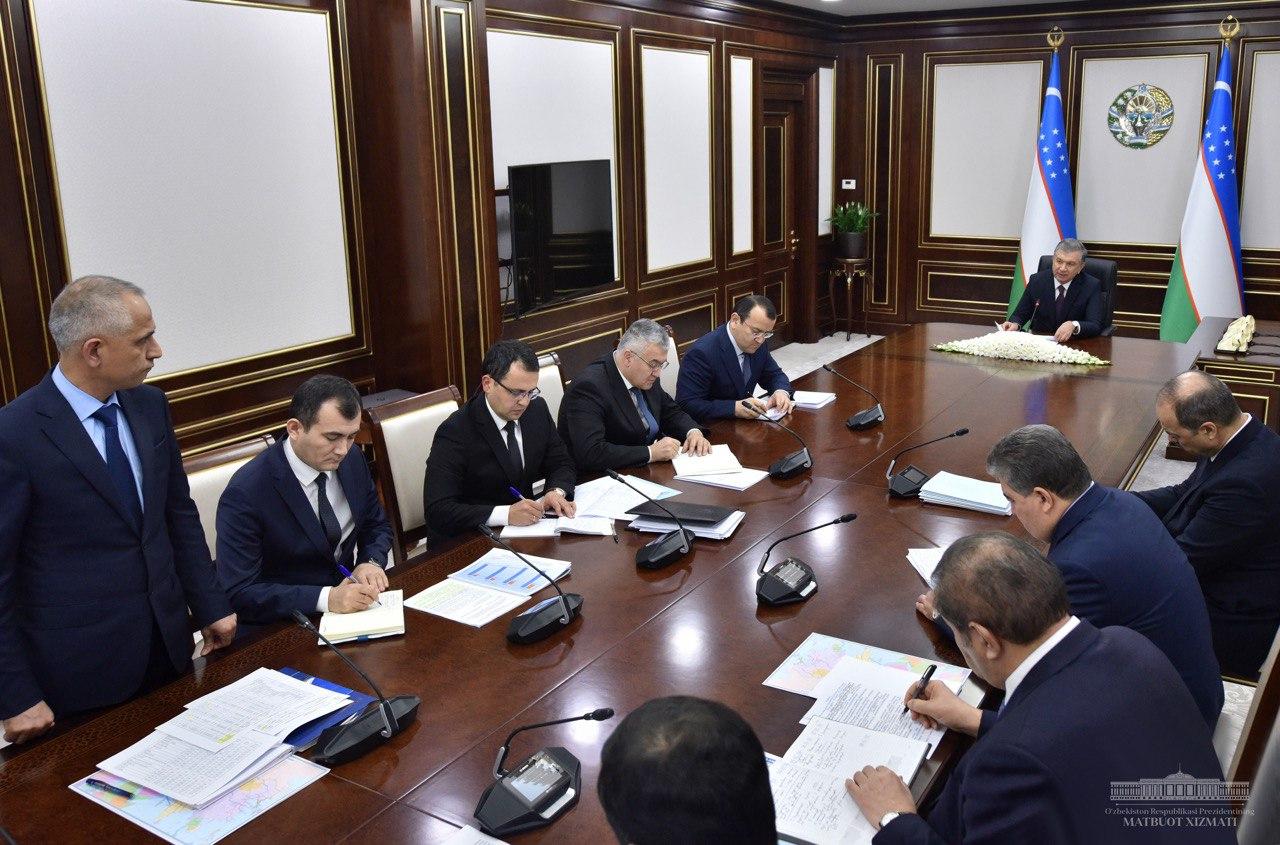
On January 28, President Shavkat Mirziyoyev held a meeting to discuss the priorities of effective organization of transport system in Uzbekistan.
In order to radically improve public administration in the sphere, strategic development and ensure sustainable operation of transport communications, the Ministry of Transport was established by the Decree of the Head of the state on February 1, 2019.
Despite the work carried out in the sphere, transport-transit potential of the country is not fully used.
According to international experts, Uzbekistan's transit potential can be increased from the current 7 million to 16 million tons, and through implementation of regional projects – up to 23 million tons by 2030.
In the World Bank's logistics ranking, Uzbekistan ranks 99th among 163 countries, and 120th in terms of ease of international transportation.
Due to the lack of an optimal tariff policy, the existing opportunities for attracting transit cargo flows and increasing the competitiveness of domestic products in foreign market are poorly used.
It was noted that one of the most important tasks facing the Ministry of Transport is a complete revision of transit policy.
Instructions were given for radical reformation of the railway system and broad attraction of private capital in this sphere.
The state of civil aviation has also been criticized. Reforms in this sphere are stalled due to the fact that Uzbekistan Airways and Uzbekistan Airports JSCs, organized on the basis of national air carrier, have not yet established their activities as independent organizations.
In addition, last year, 4 airports in the country introduced the open sky mode with introduction of fifth freedom of air space. However, no foreign airlines were involved. This situation causes reasonable complaints among passengers, as a result of which they prefer to use foreign air carriers' services.
In this regard, it was instructed to complete reforms carried out on the basis of recommendations of the world Bank and create a competitive environment in the sphere.
Tasks are defined for introduction of open skies in Navoi and Termez International Airports to turn them into cargo hubs, and to attract foreign cargo carriers to them.
The importance of creating conditions for new airlines and further expanding the geography of flights was noted.
A number of shortcomings were also noted in road and public transport.
It was noted that it is necessary to hold open tenders for route maintenance, revise tariffs and procedures for public passenger transportation, and digitalize the sphere to provide convenient and high-quality transport services to the population.
Special attention was paid to improving roads' condition, and task was given to speed up the development of a Road Development Strategy with the involvement of international experts.
Working methods of the supervisory bodies under the Ministry of Transport were recognized outdated, and the need for improving their activities based on modern requirements was noted.
Responsible officials presented action plans for solving problems identified at the meeting and implementing priority tasks.





